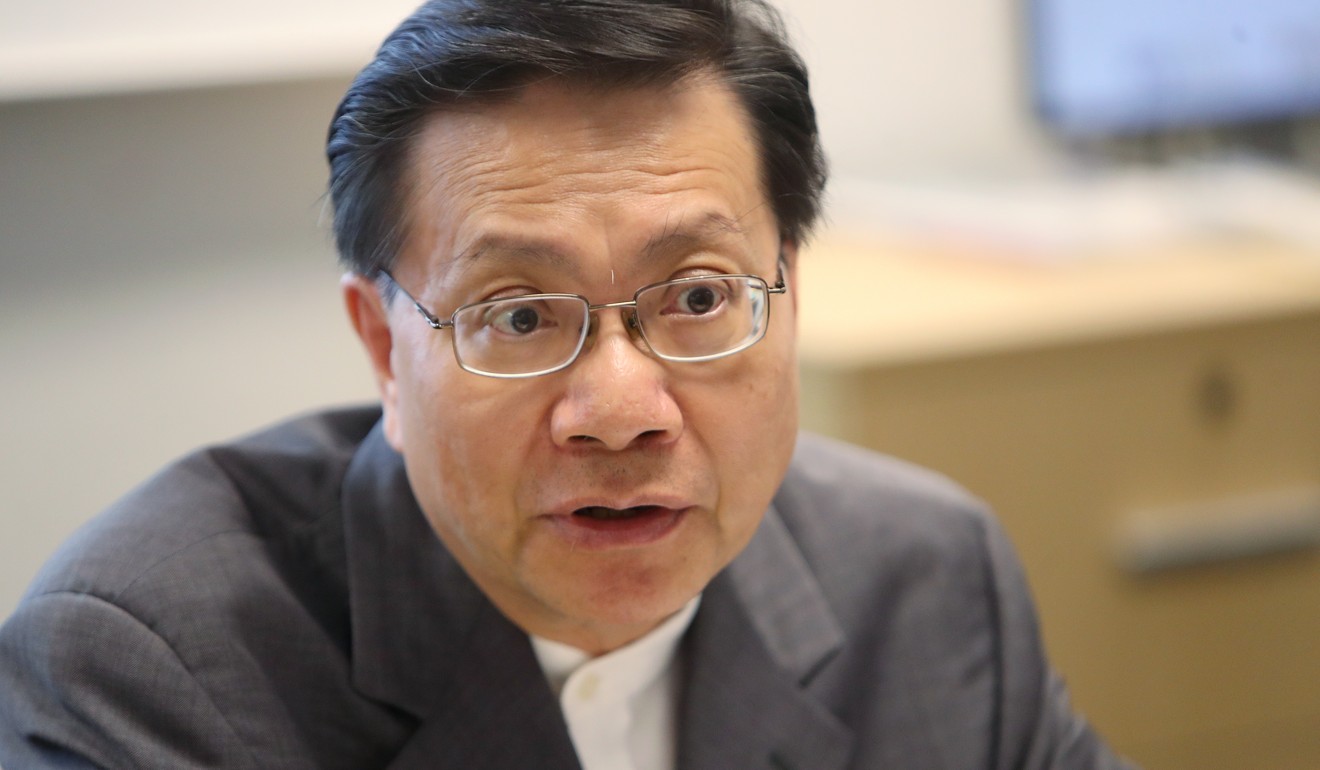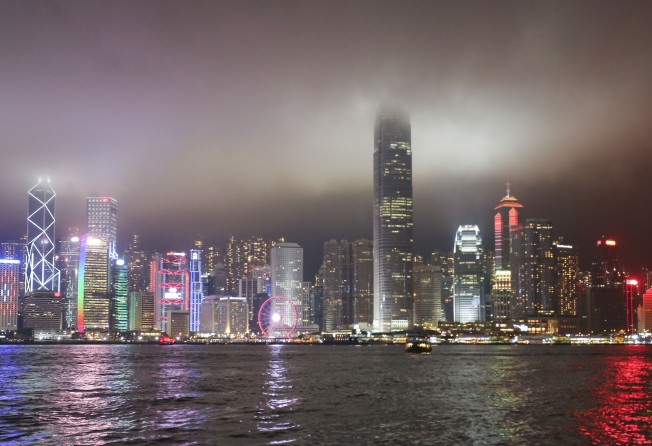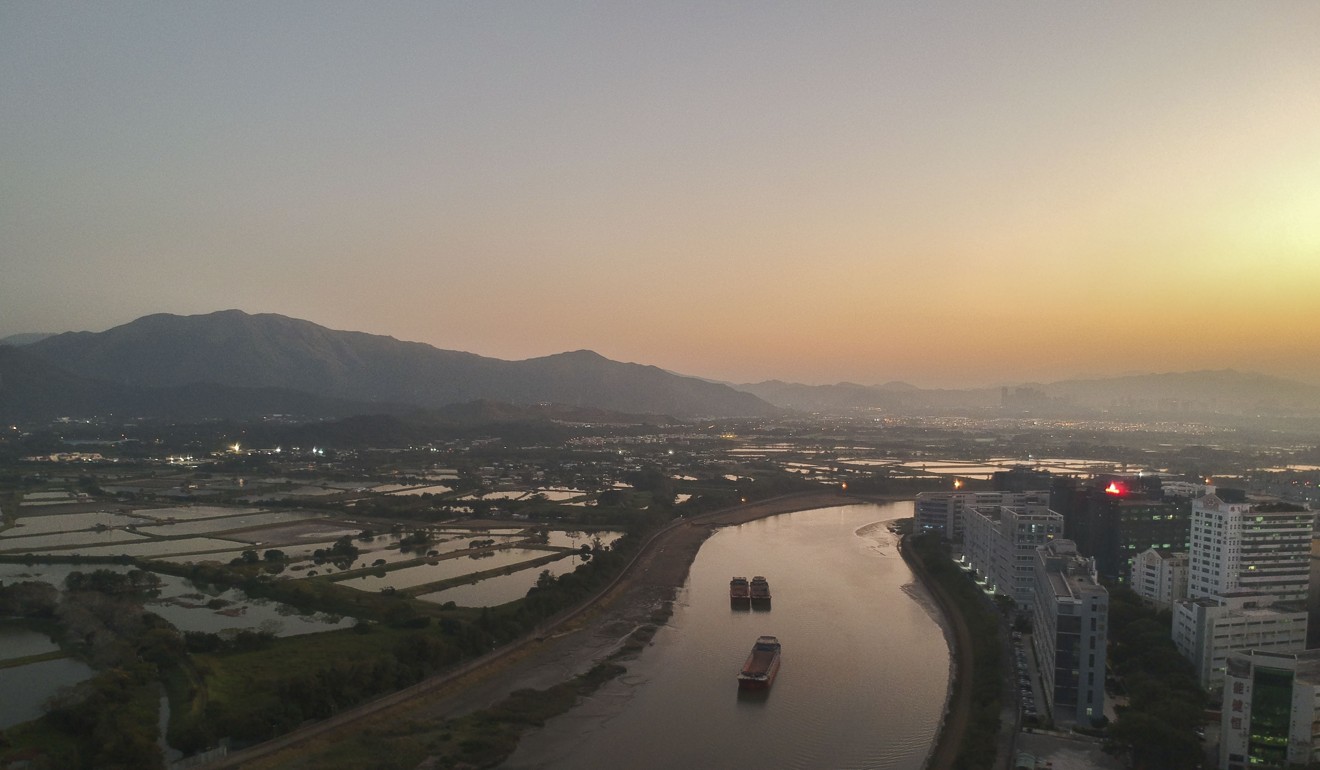
Universities warn that Hong Kong must ‘innovate or die’ amid growing economic challenges from Greater Bay Area cities
Report from University of Science and Technology’s Institute of Public Policy warns that city risks becoming marginalised in region as rivals outspend it when it comes to innovation and technology development

A new study into Hong Kong’s innovation and technology sector has concluded the city is losing its competitive edge, and must “innovate or die”.
The report also warned that Asia’s World City was in danger of becoming second-class unless something was done to boost development, which it said was lagging behind other developed economies in the region.
Warning Hong Kong ran the risk of being marginalised, public policy scholars from the University of Science and Technology said the city had reached a critical point in its development, and called on the government to drop its approach of “positive non-intervention”.

Pointing to the threat from the Greater Bay Area, the report said the city was facing challenges in developing a knowledge-based society and sustainable economy.
“The [positive non-interventionist] policy is precisely why IT in Hong Kong is lagging behind other developed economies … The lack of coordinated preparation and government leadership for technology-based economy … has left Hong Kong far behind,” the report said.
The lack of coordinated preparation and government leadership … has left Hong Kong far behind
“The role of government should be connecting, facilitating and inspiring. While respecting the free market principle … the government can be a facilitator to narrow the gap between university research and product development.”
Calling for a “coherent policy and wholehearted commitment” from local officials, the study said it needed to adopt more innovation-friendly policies, such as providing postgraduate places in key labs jointly established by Hong Kong and mainland universities in the Greater Bay Area.
Highlighting the disparity between what the city spends in comparison to its rivals, the study pointed to the 0.74 per cent of gross domestic product invested in the sector. Next is Singapore, which invests 2.2 per cent of its GDP, while South Korea, 4.23 per cent, Shanghai, 3.73 per cent, and Shenzhen, 2.85 per cent, all pump considerably more into their industries.
“Is Hong Kong rapidly losing its competitive edge? The answer is yes,” said the 114-page report, which was compiled by researchers from UST’s Institute of Public Policy, in collaboration with the Hong Kong Academy of Engineering Sciences and the Chinese Academy of Engineering.
The Greater Bay Area – the Chinese government’s scheme to link nine cities in Guangdong province with Hong Kong and Macau into an integrated economic and business hub – stretches over 56,000 square kilometres, covers 11 economies worth US$1.58 trillion in 2017, and has an estimated population of 67 million.
Anthony Cheung Bing-leung, Hong Kong’s former housing minister and now a visiting public policy professor at UST, said the city “should not just sit back and wait for the central government to give us a framework or policy” to drive innovation.

“This is not the ‘can-do’ spirit of our city,” he added. “In areas of cross-border collaboration where national policy hasn’t reached, we must strive to find our ways.”
Joseph Lee Hun-wei, chair professor of the UST institute, acknowledged that officials had made some effort to help create change, including forming the Innovation and Technology Bureau in November 2015, and Chief Executive Carrie Lam Cheng Yuet-ngor promising to double public investment in research and development to 1.5 per cent of Hong Kong’s GDP in five years.
“But we still need reasonable and motivating policies to engage the universities, the industry and all of society to build an integrated ecology for innovation and technology,” Lee said.
Cheung said the government should work more on identifying the major demands that can connect research in universities with the market.
“Hong Kong is not lagging behind in terms of research quality or talent, but in terms of application,” he added.
Researchers interviewed 37 leaders and key stakeholders in universities, research and development centres, enterprises, professional groups and government departments in Hong Kong. They also analysed 38 successful stories of commercial innovation coming from the city’s universities.